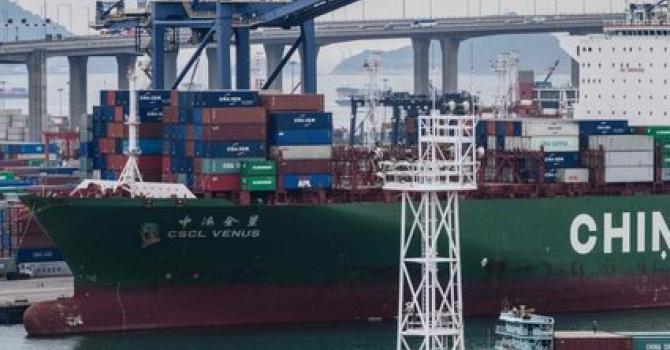More about HKUST
- ABOUT PRAISE-HK
- PRESS ROOM
- PUBLICITY
- CAMPAIGNS
- KEY EVENTS
- 2024 World Asthma Day
- 2023 Asia Smart App Award - GOLD AWARD
- 2022 InnoTech Expo
- 2021 PRAISE-HK-EXP App Launching Ceremony
- 2021 Eco Expo Asia
- 2021 InnoCarnival
- 2020 GreenFest by Hysan - Close the Loop
- 2020 Hong Kong Red Cross Community Resilience Public Talk
- 2019 PRAISE-HK Launching Ceremony
- 2019 Meeting Secretary for the Environment
- All Events & Activities
- FOLLOW US




